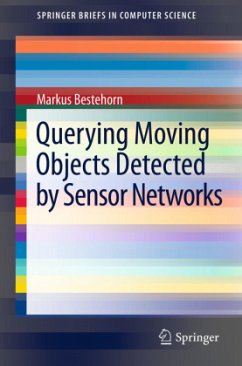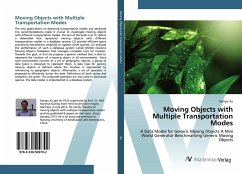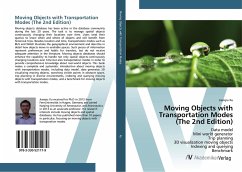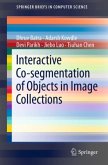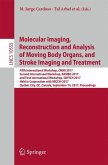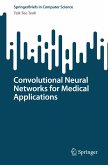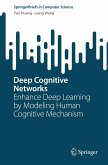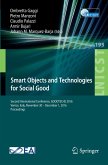Declarative query interfaces to Sensor Networks (SN) have become a commodity. These interfaces allow access to SN deployed for collecting data using relational queries. However, SN are not confined to data collection, but may track object movement, e.g., wildlife observation or traffic monitoring. While rational approaches are well suited for data collection, research on Moving Object Databases (MOD) has shown that relational operators are unsuitable to express information needs on object movement, i.e., spatio-temporal queries.Querying Moving Objects Detected by Sensor Networks studies declarative access to SN that track moving objects. The properties of SN present a straightforward application of MOD, e.g., node failures, limited detection ranges and accuracy which vary over time etc. Furthermore, point sets used to model MOD-entities like regions assume the availability of very accurate knowledge regarding the spatial extend of these entities, assuming such knowledge is unrealistic for most SN. This book is the first that defines a complete set of spatio-temporal operators for SN while taking into account their properties. Based on these operators, we systematically investigate how to derive query results from object detections by SN. Finally, process spatio-temporal queries are shown in SN efficiently, i.e., reducing the communication between nodes. The evaluation shows that the measures reduce communication by 45%-89%.
Bitte wählen Sie Ihr Anliegen aus.
Rechnungen
Retourenschein anfordern
Bestellstatus
Storno

